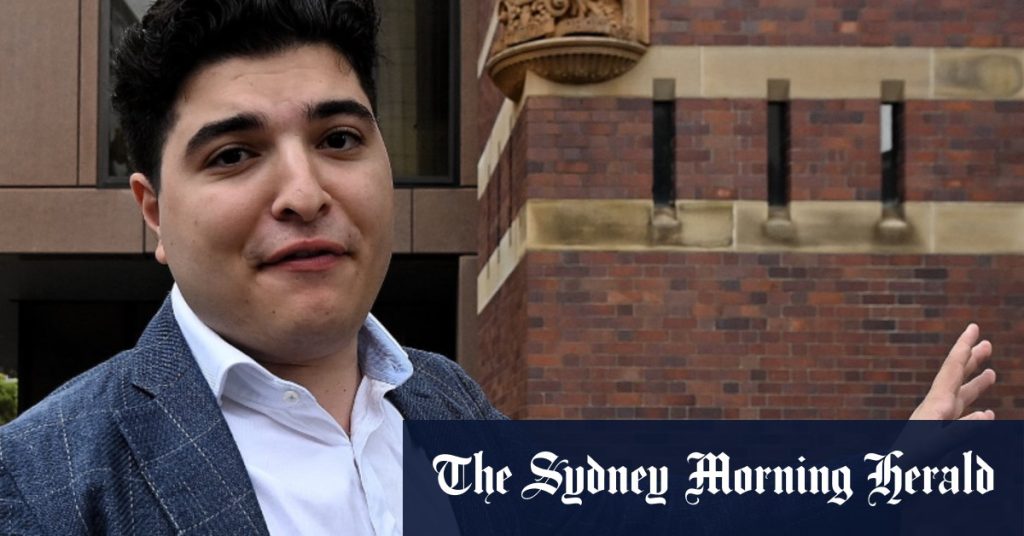Activist Drew Pavlou was found guilty in a Brisbane court of failing to obtain consent for a regulated activity and not complying with a direction to cease from an authorised person. Pavlou had displayed placards near a Chinese consulate about the Tiananmen Square massacre, leading to a fine of $1000 plus additional costs. The magistrate did not record a conviction, but Pavlou decided to appeal the decision.
The appeal was ultimately dismissed by Brisbane District Court Judge Paul Smith, who determined that the council’s laws regarding unauthorised advertising in the mall were reasonable and proportionate. Pavlou had set up a table and displayed signs near the entrance to the Queen Street Mall and Chinese consulate in the city center, drawing attention to the events of June 4, 1989, when China’s military violently suppressed a protest. The placards challenged the government’s efforts to censor discussion of the massacre.
The key issue in Pavlou’s case was whether the placards were communicating ‘advertising matter’, according to Judge Smith. Despite the fine and the court’s ruling, Pavlou’s freedom of speech was not restricted in this instance. While he was instructed to pack up the placards by a council officer, the outcome of the legal proceedings did not prevent him from continuing to express his views on the Tiananmen Square massacre or any other subject.
By displaying the placards and drawing attention to the Chinese government’s actions at Tiananmen Square, Pavlou was exercising his right to free speech and raising awareness about an important historical event. The consequences he faced in court were related to local laws governing advertising in public spaces, rather than a direct attempt to silence his activism. The case serves as a reminder of the delicate balance between individual freedoms and regulatory restrictions in a democratic society.
Overall, the court’s decision in Pavlou’s case demonstrated a respect for the rule of law and the importance of upholding regulations in public spaces. While the activist faced a financial penalty for his actions, his ability to express his views remained intact. The outcome of the appeal affirmed that individuals can still engage in activism and advocacy, even when faced with legal challenges. Pavlou’s case highlights the complexities of navigating freedom of speech within a legal framework and underscores the ongoing struggles for those who seek to speak out against injustices.


